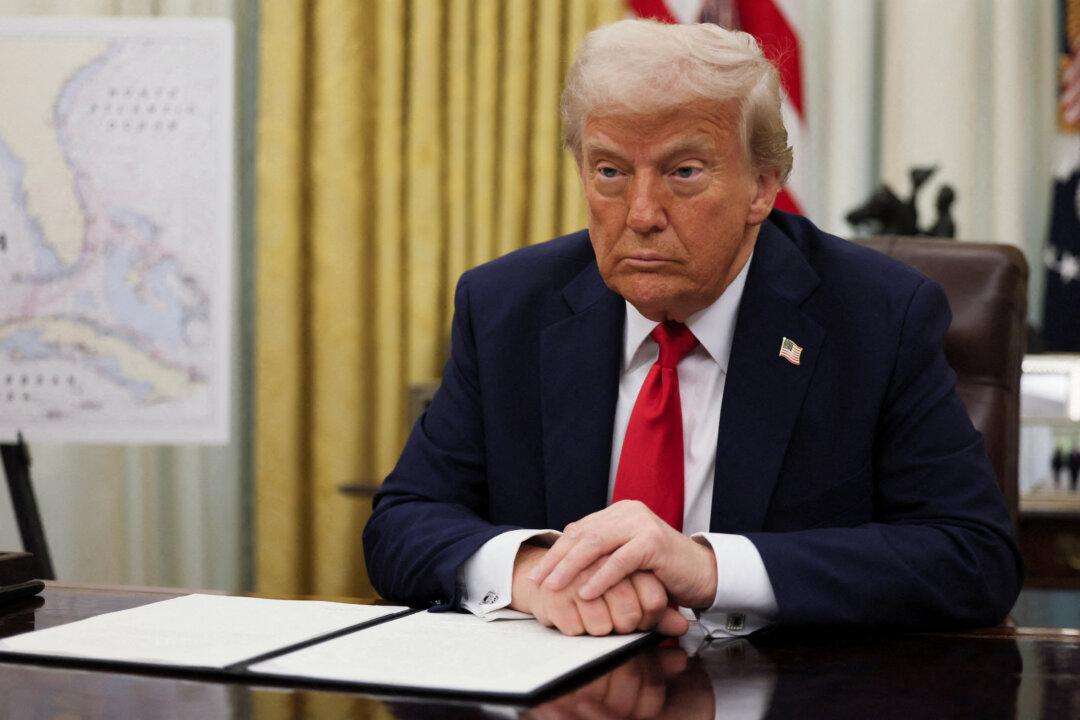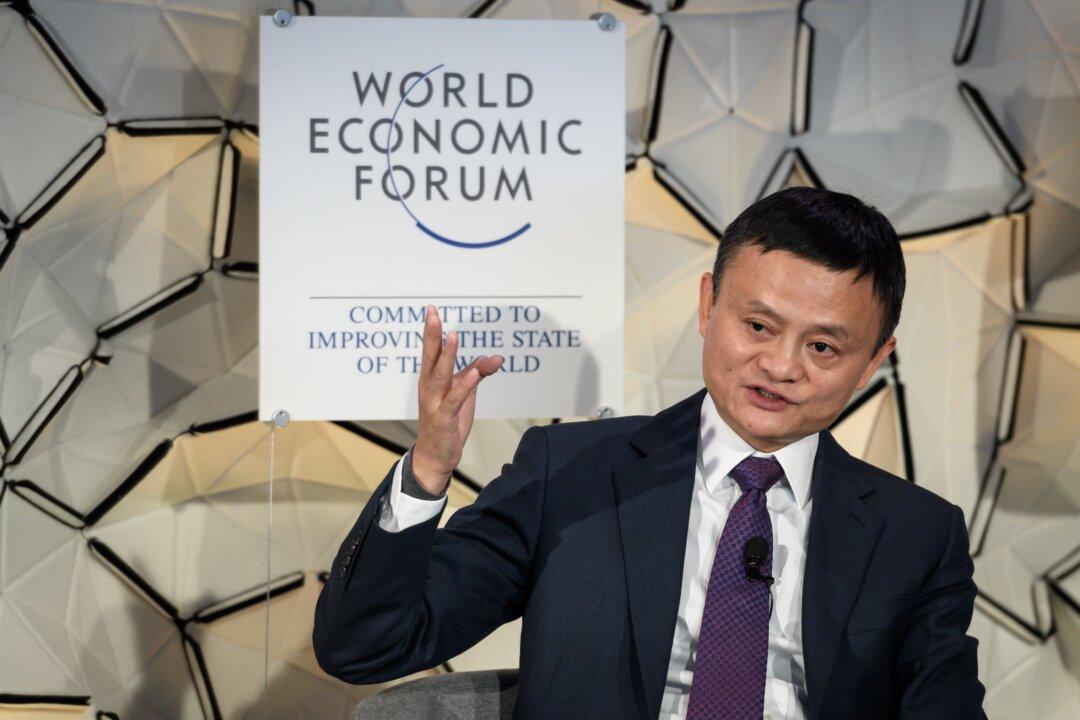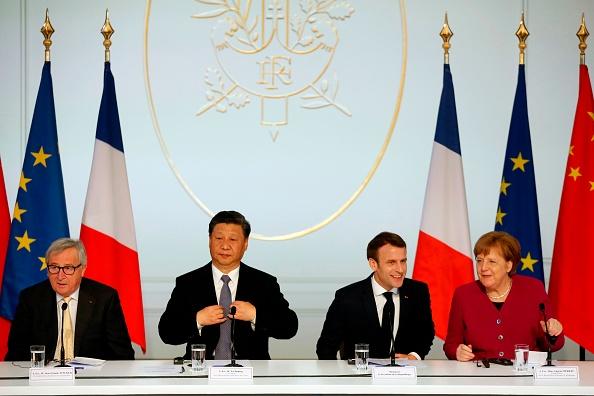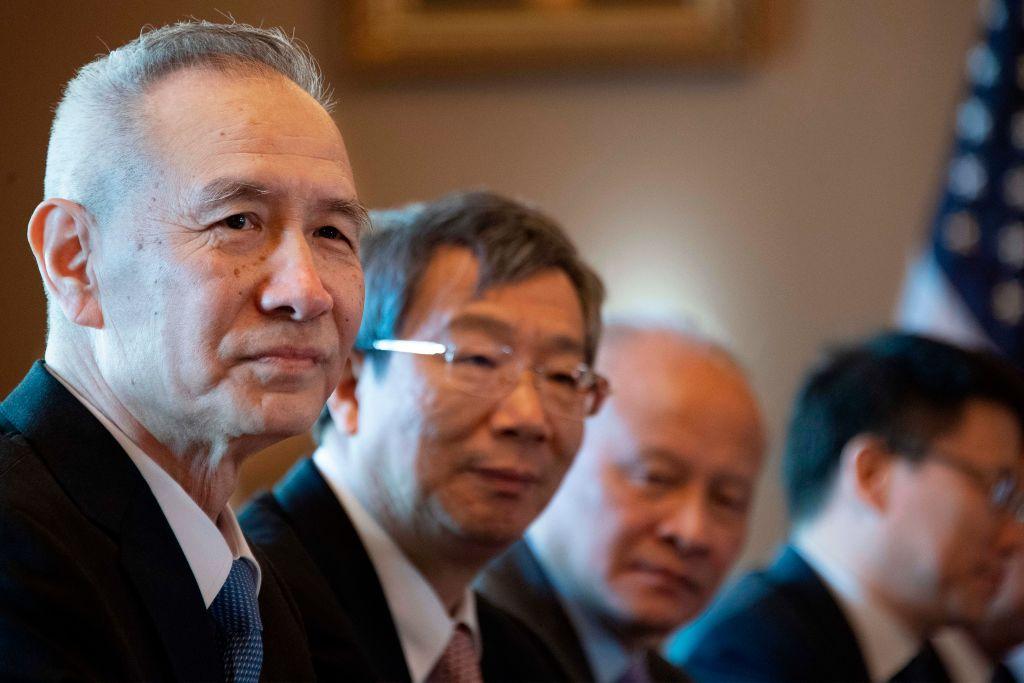Commentary
The recent conversation between U.S. President Joe Biden and Chinese leader Xi Jinping did not bring about any real improvement in U.S.-China relations. The top Communist Party officials want Biden to submit to Beijing. After Biden extended his Lunar New Year’s greetings to Xi on Feb. 11, U.S. Secretary of State Antony Blinken also extended his best wishes to the Chinese. The Communist mouthpiece touted the greetings. But is the U.S. government extending its New Year’s greetings to the Chinese people or the Chinese Communist Party (CCP)?





